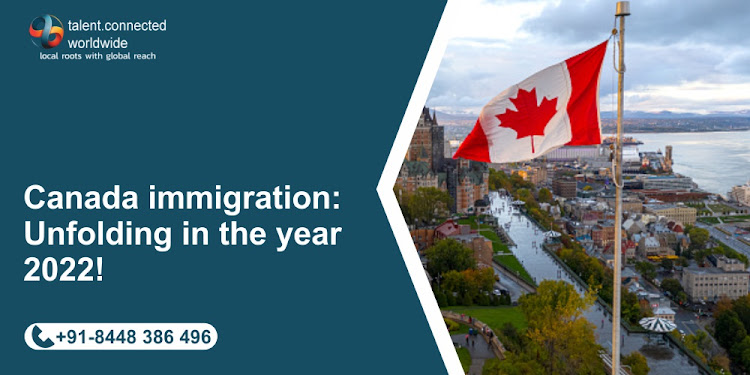Why do Canada launch immigration programs?
After reforming the Immigration and Refugee Protection Act (IRPA) in 2012, Canada launched its economic pilot programme. The economic class pilot programme was created to welcome migrants who can assist provinces in developing their economies and filling labour shortages. This is part of the immigration policy of launching pilot programmes on a regular basis. Take help from immigration consultants in India.
Since its inception, Canada has implemented a number of pilot initiatives, with two more set to be launched this year to assist potential migrants.
Before the economic pilot projects could be implemented, the federal government had to offer a plan to the legislature, which took a lengthy time to pass before it could be used by potential migrants. In times of labour shortages, the long process made it difficult to hire foreign workers.
The scene has changed since the economic pilot projects were introduced in 2012. It resulted in the following advantages:
Without waiting for parliament's approval, the federal government can immediately initiate pilot programmes. The pilot projects can last up to five years, and the government can accept up to 2,750 applicants every year during that time.
Pilot programmes can be used to assess if an immigration programme is effective. This saves time and money by avoiding time and money spent on immigration initiatives that may fail.
History of Pilot programs
Since 2012, Canada has launched a number of pilot initiatives, with varying degrees of success. In 2013, the Start-up Visa Pilot was established to encourage innovative entrepreneurs to come to Canada. In 2018, this programme was made permanent.
The government launched the Immigrant Investor Venture Capital Fund pilot programme in 2015 to attract immigrant investors, however it was shut down after a year.
The Atlantic Immigration Pilot (AIP), which was started in 2017 to promote more immigrants to Newfoundland and Labrador, Prince Edward Island, Nova Scotia, and New Brunswick, has been the most successful pilot programme to date. Under this initiative, almost 4000 migrants have settled in Canada's Atlantic area.
The Rural and Northern Immigration Pilot was initiated by the federal government in 2019. (RNIP). The RNIP is now being implemented in Ontario, Manitoba, Saskatchewan, Alberta, and British Columbia.
The Agri-Food Immigration Pilot was established in July 2019 to help address the country's ongoing labour deficit in the agricultural industry. In 2019, the government also launched two additional caregiver pilot programmes.
Immigration consultants in Delhi for Canada must be ICCRC certified.




Comments
Post a Comment